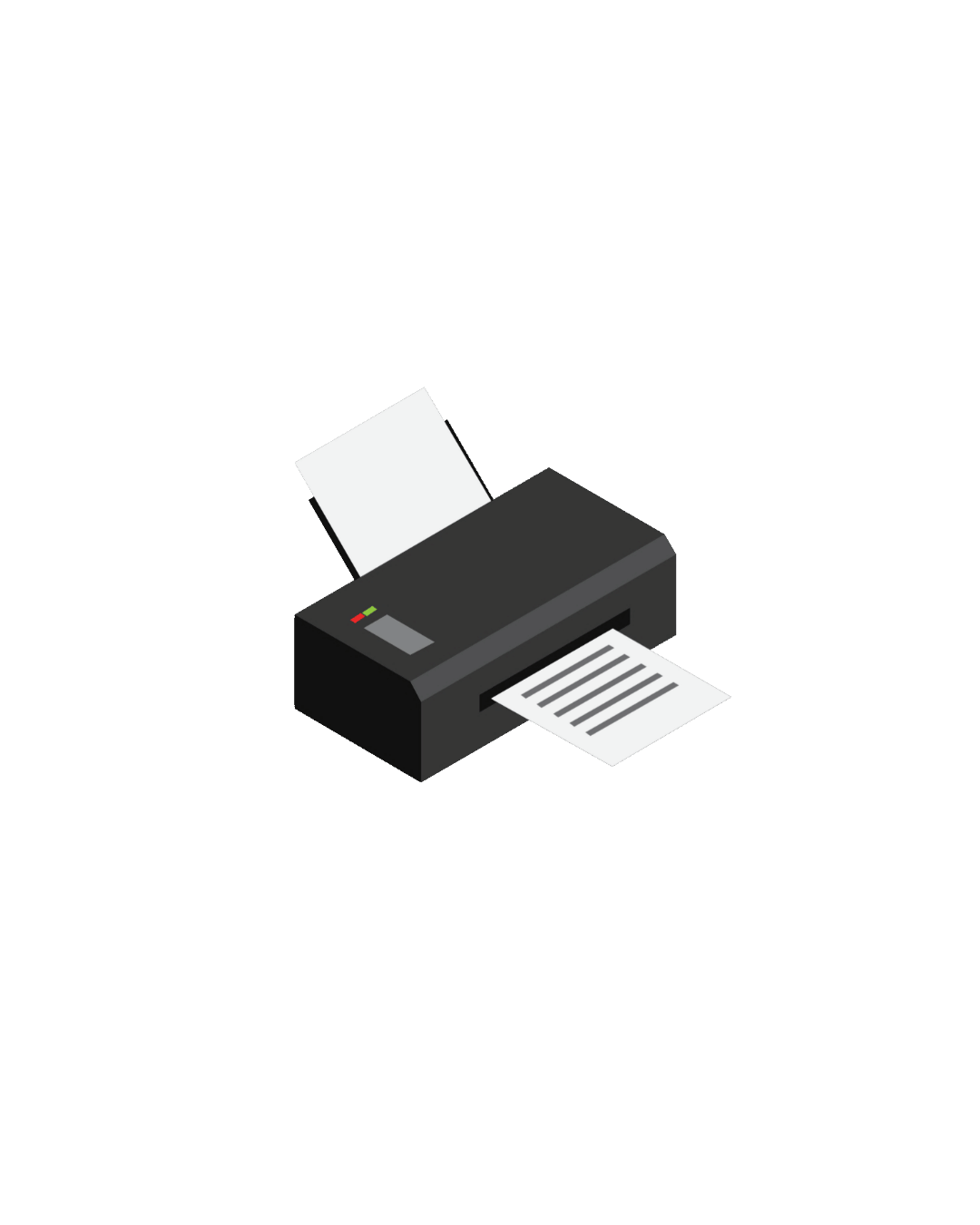Description
An Advanced Diploma in Printing Technology is a specialized program that focuses on the various aspects of printing processes, technologies, and management within the printing industry. This program is designed to equip students with both theoretical knowledge and practical skills needed to excel in the printing sector, which is essential for producing a wide range of printed materials, including books, magazines, labels, packaging, and more.
Course Details:
Duration: Typically 1 to 2 years, depending on the institution.
Eligibility: Candidates generally need to have completed higher secondary education (12th grade) or hold a relevant diploma in a related field, such as engineering or design.
Mode of Study: Offered in a full-time format, combining classroom instruction with hands-on laboratory work and industry experiences.
Curriculum:
The curriculum for an Advanced Diploma in Printing Technology usually includes the following key areas:
1. Introduction to Printing Technology
History and Evolution:
Overview of the printing industry?s history, including key technological advancements.
Types of Printing Processes:
Introduction to various printing techniques, including offset, digital, flexography, screen printing, and gravure.
2. Printing Processes and Equipment
Offset Printing Techniques:
Detailed study of offset printing, including pre-press, press operation, and post-press processes.
Digital Printing:
Understanding digital printing technologies, advantages, limitations, and applications.
3. Pre-Press Operations
Graphic Design Fundamentals:
Basics of graphic design and how it relates to printing, including software tools used for preparing print-ready files (e.g., Adobe InDesign, Photoshop).
Pre-Press Workflow:
Examining the steps involved in preparing files for printing, including color separation, proofing, and quality control.
4. Materials and Inks
Printing Substrates:
Study of various printing materials (paper, plastics, textiles) and their properties.
Ink Technologies:
Understanding different types of inks (water-based, solvent-based, UV inks) and their applications based on printing processes.
5. Production Management
Workflow Management:
Techniques for managing print production workflows efficiently, including scheduling, resource allocation, and quality assurance.
Cost Estimation and Budgeting:
Learning how to estimate production costs and create budgets for printing projects.
6. Quality Control and Assurance
Standards and Specifications:
Understanding industry standards for quality control in printing and how to implement quality assurance practices.
Testing and Troubleshooting:
Techniques for testing print quality and troubleshooting common printing issues.
7. Sustainability in Printing
Eco-Friendly Practices:
Exploring sustainable printing practices, including the use of recycled materials and environmentally friendly inks.
Waste Management:
Understanding the importance of waste reduction strategies in printing processes.
8. Emerging Trends and Technologies
Digital Transformation:
Examining the impact of digital technologies on the printing industry, including automation and advancements in printing techniques.
Innovations in Materials:
Learning about new material developments and their implications for printing applications.
Assessment:
Assessment methods in this program may include:
Practical Lab Work:
Hands-on projects that allow students to apply their knowledge in real-world printing scenarios.
Exams and Quizzes:
Written assessments to test understanding of printing technologies and processes.
Group Projects and Presentations:
Collaborative assignments that encourage teamwork and communication skills in presenting printing solutions.
Career Opportunities:
Graduates of the Advanced Diploma in Printing Technology can pursue various career paths, including:
Printing Supervisor: Overseeing daily operations on the printing floor, ensuring production efficiency and quality control.
Production Manager: Managing overall production processes, including workflow optimization and resource management.
Pre-Press Technician: Preparing digital files for print, ensuring that the designs meet printing specifications.
Quality Control Specialist: Conducting quality checks and implementing quality assurance measures throughout the printing process.
Sales and Marketing in Printing: Working with clients to understand their printing needs and providing suitable solutions.
This advanced diploma program is suited for individuals looking to deepen their knowledge of printing technologies and management practices, preparing them for rewarding careers in the dynamic printing industry. If you have any further questions or need more information, feel free to ask!









